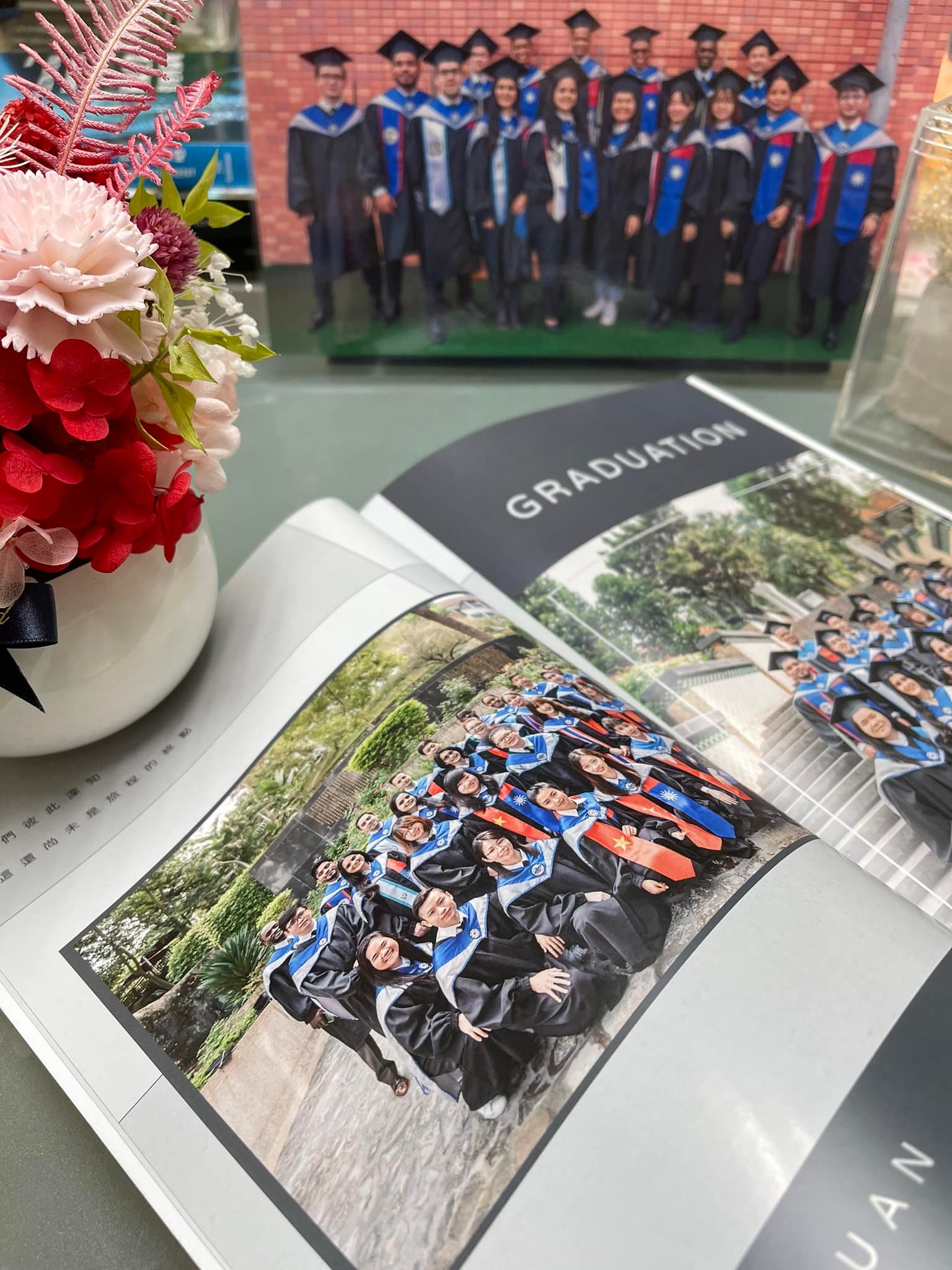The Underlying Principles for the Curriculum Framework

Nowadays, business management has no longer been confined to the domestic market. In fact, cross-cultural business and trade has already become a trend in the twenty-first century. To meet the needs of the booming international businesses as well as to set up the foundation of international business management in the future, fostering such management talents has at present become the focus of both the public and private sectors in every nation of the world. The curriculum of Department of International Business (thereafter called IB) can be categorized into general curriculum and professional curriculum. The former places an emphasis on developing student character and interpersonal communication skills, while the latter is aimed at enhancing students’ professional skills and fundamental abilities of doing further study.
The graduate programs of International Business and Trade mainly include foundations in trade as well as business management. Therefore, MBA program is aimed at fostering mid- and high-level international business and trade management talents who are equipped with abundant knowledge in academic theories and practical experiences; therefore, the curriculum design encompasses courses in theories, practice and research methods so as to strengthen students’ fundamental knowledge and independent research abilities and eventually, to enhance the development potential and enhance the competitiveness of domestic enterprises in the global market.
